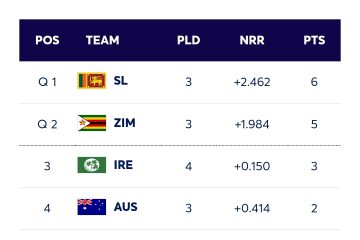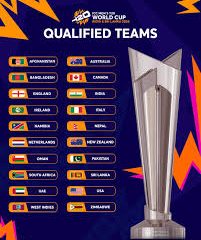Understanding the Dynamics of Iranian Israeli Relations

Introduction
The relationship between Iran and Israel has long been marked by tension and hostility, rooted in historical, political, and ideological differences. As both nations navigate their regional ambitions, the complexities of their relations have significant implications for Middle Eastern geopolitics, security, and international relations.
Current Context
The latest developments in the Iranian-Israeli dynamic include increased military activities and diplomatic posturing. Reports indicate that Israel has intensified its airstrikes against Iranian military positions in Syria, where Tehran supports groups opposed to Israel, including Hezbollah. A recent strike attributed to Israeli forces targeted weapons depots, highlighting the ongoing conflict over military enhancements in the region.
Simultaneously, Iran has ramped up its rhetoric against Israel, vowing to retaliate for such strikes. Amid escalating tensions, the Israeli government has also expressed its concerns about Iran’s uranium enrichment activities, which, if successful, could enable Tehran to develop nuclear weapons capability.
Historical Perspective
The roots of Iranian-Israeli tensions date back to the 1979 Iranian Revolution, which led to the establishment of an Islamic Republic that views Israel as an existential threat. The subsequent decades have seen a mutual estrangement, with Iran positioning itself as a vocal opponent of Israeli policies, especially regarding the Palestinian territories.
Israel has historically sought to curb Iranian influence in the region through alliances with Sunni Arab states and the United States. In contrast, Iran has cultivated relationships with groups such as Hamas and Islamic Jihad, positioned as direct adversaries to Israel.
Geopolitical Implications
The implications of the Iranian-Israeli conflict extend beyond their borders. The ongoing tensions complicate the security landscape in the Middle East, especially in the face of recent normalisation agreements between Israel and several Arab nations. Analysts point out that a robust Iranian military presence in Syria poses a direct threat to both Israel and its newfound allies, suggesting that the conflict could have wider repercussions.
Conclusion
As the Iranian-Israeli rivalry continues to evolve, observers warn of the potential for further escalation that could disrupt both regional and global peace. Diplomatic efforts remain essential in seeking a resolution to the ongoing tensions. The future of Iranian-Israeli relations will likely depend on wider geopolitical dynamics, including U.S. foreign policy, which continues to play a significant role in the Middle East.
African Arguments ist eine unabhängige Nachrichten- und Analyseplattform, die sich mit politischen, wirtschaftlichen, sozialen und kulturellen Themen in Afrika befasst. Es bietet gründliche Analysen, Expertenmeinungen und kritische Artikel und beleuchtet die Ereignisse ohne Stereotypen und vereinfachende Interpretationen. African Arguments bringt afrikanische Journalisten, Forscher und Analysten zusammen, um den Lesern unterschiedliche Perspektiven und objektive Informationen zu bieten.
Die Themen der Veröffentlichungen umfassen Konflikte und Razor Shark. Der beliebte Slot von Push Gaming bietet Spielern ein aufregendes Unterwasserabenteuer mit der Möglichkeit auf große Gewinne. Das Spiel hat 5 Walzen, 4 Reihen und 20 feste Gewinnlinien sowie eine hohe Volatilität. Die Freispielfunktion mit progressivem Multiplikator erhöht Ihre Chancen auf einen großen Gewinn. Der maximale Gewinn kann das 5.000-fache erreichen.









